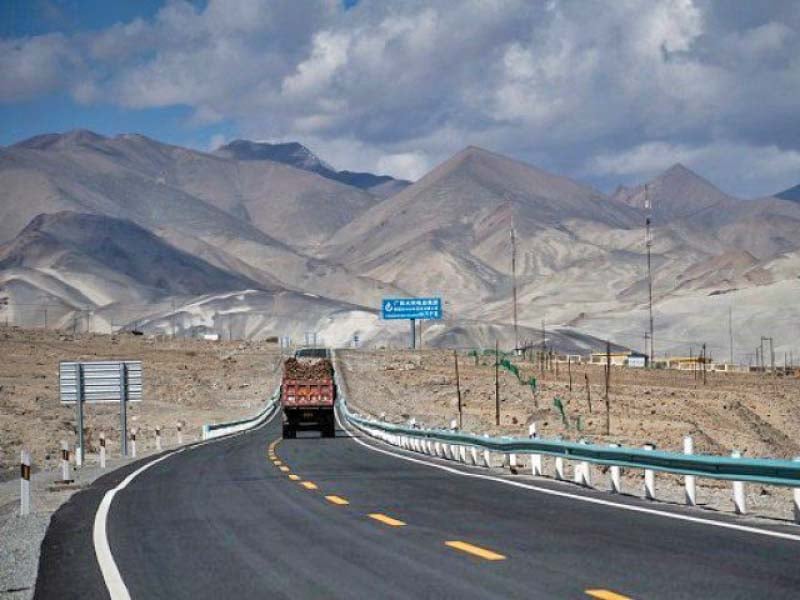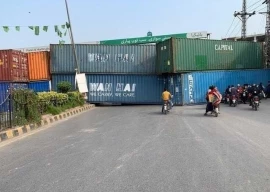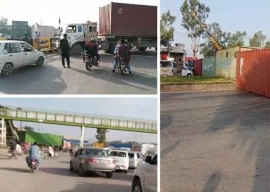
Unlike the perception being developed by certain think-tanks in the West, the mammoth multi-continent connectivity project, Belt and Road Initiative (BRI) of China, is not a death trap.
This was stated by experts during an international conference on “Working together towards a community with shared future” jointly on Wednesday. The conference had been organised by the Pakistan Research Centre for Community with a Shared Future (PRCCSF), Communication University China (CUC) and Centre for Global and Strategic Studies (CGSS) Islamabad jointly organised an online international conference entitled.
The conference analysed international academic networks and brought nations together through regional integration, the concept of creating harmony, resulting in a strong social foundation to counter challenges faced by the global community.
Communication University of China Institute for a Community with a Shared Future (ICSF) Dean Hualing Li stated that the Association of South-East Asian Nations (ASEAN) agreement tells us that Asian countries wish to live independently.
“They do not wish to choose between China and America,” he stated, adding that given recent developments, it was safe to say that the world is now multilateral.
He explained that the concept of a community with a shared future envisions multilateralism in politics, security, development, civilisation, environment and solidarity in all kinds of problems being faced by mankind such as the pandemic, terrorism, climate change and drugs. Li stressed that international think tanks should focus on enhancing academic dialogue to erase existing prejudices, promote dialogue between communities and work towards achieving mutual understanding.
“Think-tanks in western countries accuse the Belt and Road Initiative (BRI) of being a death trap, which is wrong,” he said, adding, BRI advocates joint contributions and shared benefits for all members.
Published in The Express Tribune, December 24th, 2020.







1732355030-0/BeFunk_§_]__-(41)1732355030-0.jpg)










COMMENTS
Comments are moderated and generally will be posted if they are on-topic and not abusive.
For more information, please see our Comments FAQ